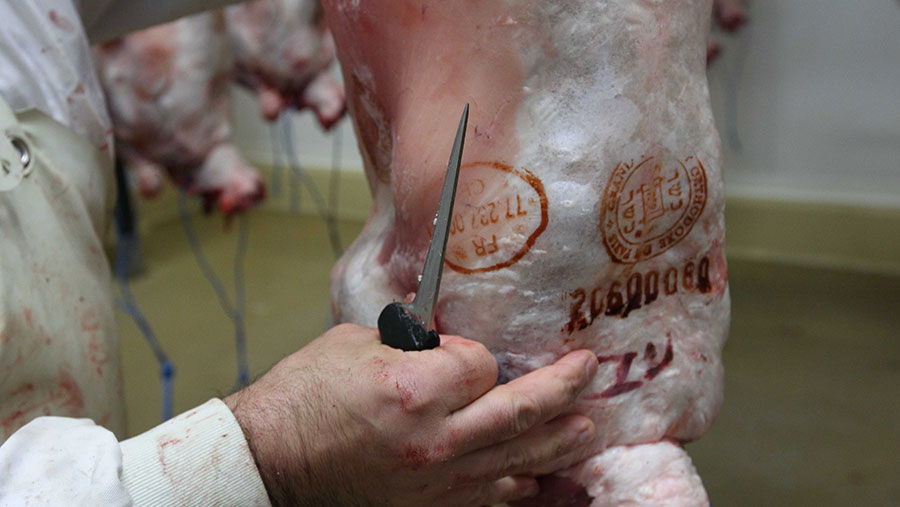Non-stun halal cannot be organic on welfare grounds, says EU
 © Gutner/Sipa/ REX/Shutterstock
© Gutner/Sipa/ REX/Shutterstock Animals that have not been stunned prior to slaughter cannot be labelled using the EU’s organic food logo, following a ruling by the European Court of Justice (ECJ).
The ruling stated that slaughter carried out in accordance with religious rites – such as halal and kosher – that does not employ pre-stunning do not adhere to the highest animal welfare standards.
See also: Why halal will be critical for UK meat market
The court added that stunning before slaughter significantly reduced animal suffering.
According to EU rules, all animals must be stunned before they are slaughtered with the exception of the ritual slaughter of animals on the provision that suffering of these animals is kept to a minimum.
Presiding the case, advocate general Nils Wahl denied the decision would interfere with freedom of worship as the religions in question did not require the consumption of solely organic products.
The case had initially been taken to the French minister for agriculture in 2012 by pressure group Assistance to Slaughtered Animals (OABA).
OABA argued that French halal beef used in burger patties should not be certified as organic if animals had not been stunned before slaughter.
This initial case was denied by French courts, but the advocate general of the overarching ECJ found differently. The case will now be deliberated by EU judges to produce a binding decision on the issue.
Halal controversy
Data emerged last month to suggest that one-quarter of all sheep reared in England are killed without stunning in accordance with halal and shechita religious practices.
While it is believed about 80% of halal slaughter uses pre-stunning, shechita is exclusively performed without first stunning animals.
In the UK, about 18 million chickens are slaughtered a week, 9% of which are killed for halal meat without stunning.
The government has indicated non-stun slaughter is an issue it is looking at closely in the context of the UK leaving the EU.
Despite the controversy, halal markets remain a key destination for British lamb and poultry in the UK, as well as overseas exports.
